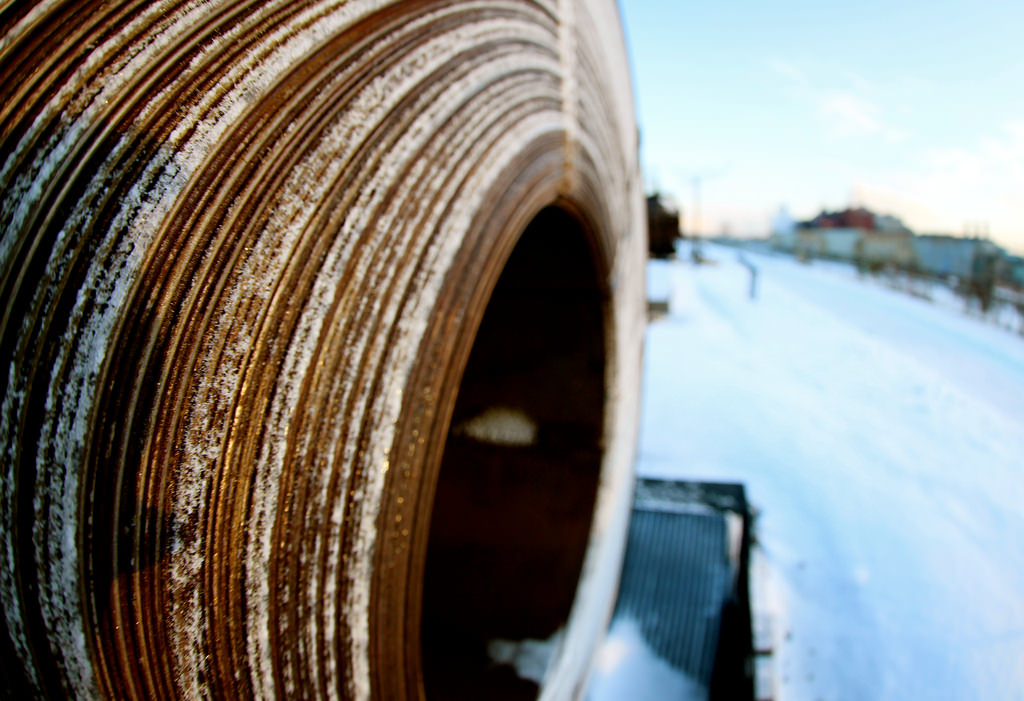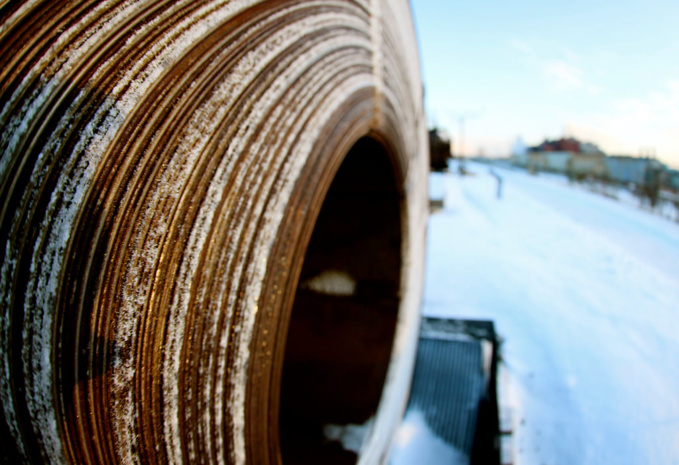Price agency Platts, Metal Bulletin and MLex legal bulletin reported that the European Commission is ready to refuse to introduce intermediate anti-dumping duties on hot-rolled steel for importers from Russia, Ukraine, Brazil, Serbia and Iran. The investigation continues, and the organization "cannot afford to discuss the potential outcome" until April 7, when an official decision is to be made,
In July 2016, European industry association Eurofer initiated an investigation into supplies to the EU from Russia, Ukraine, Brazil, Iran and Serbia made in July 2015 - June 2016. The association claimed that the dumping margin of exporters from Russia was 20-40%, Brazil - 40-70%, and demanded introduction of duties in the range of 20-50%. In January, the European Commission started a procedure for registering imports of hot-rolled steel from Russia and Brazil, which allows applying retroactive duties to suppliers. A final decision on the duties will be made upon its completion on October 6.
In early March, Eurofer issued a statement warning that a sharp increase in supply of steel products to the EU from countries such as Iran, India, South Korea and Turkey, creates a risk of further destabilization of the regional steel market, and negates everything what has been achieved through use of anti-dumping instruments against China.
Indeed, according to Eurofer, import of carbon steel from China decreased by 18.5% compared to the previous year and amounted to 5.44 million tons in 2016. However, shipments from Korea at the same time increased by 35.8% to 2.47 million tons, from Turkey - 53.8% to 2.15 million tons, and from India - 78% to 1.74 million tons. Countries such as Iran and Brazil have multiplied export of steel products to the European Union compared with 2012. In total, the EU received from abroad 24.69 million tons of carbon steel in 2016. This is 9.2% more than in the previous year, and 90.9% more than the level of 2012.
According to Eurofer’s General Director Axel Eggert, openness of the European market makes it a target for dumping supplies of steel products from outside the EU. This activity is by no means limited by China. Therefore, Axel Eggert calls on the European Commission to take measures to limit import of rolled steel products from other countries.
Meanwhile, the world market of flat products is being disturbed by contradictory processes. In Asia, its value was reduced to the lowest value in the last three months. Prices for export products of Chinese and Russian production are falling. At the same time, metallurgical companies in Turkey keep pressing consumers, while in the USA quotations for hot rolled coils have risen to a maximum level over the past two and a half years.
Expectations of European steelmakers are therefore largely related to the anti-dumping process against most of the leading suppliers of hot-rolled coils to the region’s countries. Preliminary fees should be named already in early April. As European producers hope, the rate will be high enough so that volume of imports of these products would fall, and prices would rise.
source: metalbulletin.com, mlexmarketinsight.com
In July 2016, European industry association Eurofer initiated an investigation into supplies to the EU from Russia, Ukraine, Brazil, Iran and Serbia made in July 2015 - June 2016. The association claimed that the dumping margin of exporters from Russia was 20-40%, Brazil - 40-70%, and demanded introduction of duties in the range of 20-50%. In January, the European Commission started a procedure for registering imports of hot-rolled steel from Russia and Brazil, which allows applying retroactive duties to suppliers. A final decision on the duties will be made upon its completion on October 6.
In early March, Eurofer issued a statement warning that a sharp increase in supply of steel products to the EU from countries such as Iran, India, South Korea and Turkey, creates a risk of further destabilization of the regional steel market, and negates everything what has been achieved through use of anti-dumping instruments against China.
Indeed, according to Eurofer, import of carbon steel from China decreased by 18.5% compared to the previous year and amounted to 5.44 million tons in 2016. However, shipments from Korea at the same time increased by 35.8% to 2.47 million tons, from Turkey - 53.8% to 2.15 million tons, and from India - 78% to 1.74 million tons. Countries such as Iran and Brazil have multiplied export of steel products to the European Union compared with 2012. In total, the EU received from abroad 24.69 million tons of carbon steel in 2016. This is 9.2% more than in the previous year, and 90.9% more than the level of 2012.
According to Eurofer’s General Director Axel Eggert, openness of the European market makes it a target for dumping supplies of steel products from outside the EU. This activity is by no means limited by China. Therefore, Axel Eggert calls on the European Commission to take measures to limit import of rolled steel products from other countries.
Meanwhile, the world market of flat products is being disturbed by contradictory processes. In Asia, its value was reduced to the lowest value in the last three months. Prices for export products of Chinese and Russian production are falling. At the same time, metallurgical companies in Turkey keep pressing consumers, while in the USA quotations for hot rolled coils have risen to a maximum level over the past two and a half years.
Expectations of European steelmakers are therefore largely related to the anti-dumping process against most of the leading suppliers of hot-rolled coils to the region’s countries. Preliminary fees should be named already in early April. As European producers hope, the rate will be high enough so that volume of imports of these products would fall, and prices would rise.
source: metalbulletin.com, mlexmarketinsight.com



















